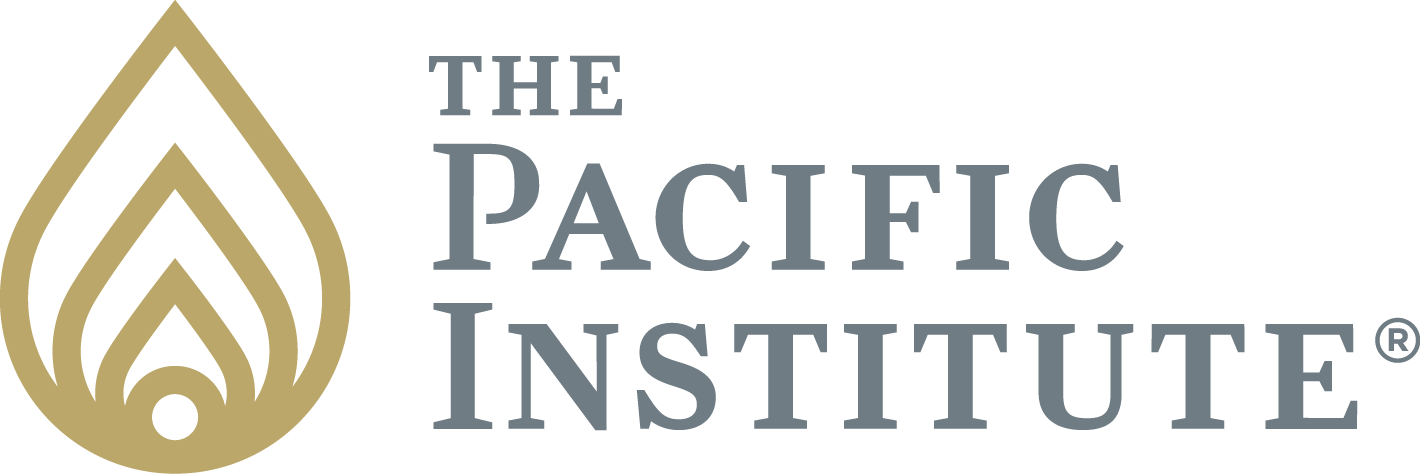Project Description
PHOENIX ELEMENTARY SCHOOL DISTRICT
Creating a Positive Culture for Learning

18%
Increase in Reading Scores
37%
Increase in Math Scores
49%
Increase in Writing Scores
BACKGROUND
In 2003, Phoenix Elementary School District was scoring below average on state administered test. Preliminary testing through the No Child Left Behind Act (NCLB) had eighth graders placing in the 33rd percentile in reading, the 20th percentile in math, and the 7th percentile in writing. “Everyone was blaming each other, especially given the No Child Left Behind Act,” said former superintendent Rene Diaz. The act dictates that under-performing schools must improve student test scores or risk losing federal funding and resources.
Today, the district is almost unrecognizable. In 2002, roughly a quarter of students exceeded the state’s standards in math, reading and writing. Since then, the numbers have doubled. In 2005, 54% of students excelled in math, 55% in writing, and 61% in reading. In 2004, testing under NCLB, found all 15 schools in the Phoenix Elementary School District performing at “recommended levels” with two schools ranked as “A+” levels.
“We are seeing the results that we anticipated. Our expectations were that The Pacific Institute would be a vehicle for moving this district from good to great. It’s working. While we are still in the process, [working with The Pacific Institute] was the right decision.”
Rene Diaz, Former Superintendent, Phoenix Elementary School District
SOLUTION
Phoenix Elementary School District is one of the poorest districts in the United States, according to current Superintendent Dr. Georgina Takemoto. In 2004, 90% of the students qualified for state-sponsored free and reduced-fee lunch programs. “We knew what we had to do; we needed a program to help us do it,” says Takemoto. “People were doing their own thing and our teachers didn’t believe that they could be effective with underprivileged children.”
Since implementation of the Institute’s 21 Keys for High Performance Teaching and Learning™ program, the district has seen not only higher levels of student performance, but increased staff attendance. Commitment from staff and teachers has grown, and there is a very real team atmosphere in all the schools, with projects that include:
Bilingual staff are working with parents to improve communication and accountability at home as well as at school.
Focusing the 21 Keys materials on a group of held-back middle students, to understand how they are responding in class, staff facilitators were able to explain to students and parents how they can reach the goals they set. “Since then, teachers have voluntarily let the facilitator know that they are seeing changes in the attitude and behavior of the students who went through the workshop. Most of the students have not been successful,” admits Takemoto,” but now we have hope. This is not a strategy in itself, but now [students] are feeling more responsible to take charge of their life.”
OUTCOME
Eighth graders, with below-average test scores in the fifth grade, saw their grades jump in 2004: scores in reading rose by 18%, in math by 37% and in writing by 49%.
According to Takemoto, what was needed was “our employees to take effective leadership of their classrooms, their schools, and take control of what happens on our grounds.” The Pacific Institute’s 21 Keys for High Performance Teaching and Learning™ is specifically tailored to give teachers the tools to meet the challenges facing educators – by increasing teacher effectiveness and raising student achievement for all children.
As such, 21 Keys became mandatory training for all administrators. To date, one third of all teachers, staff and board members in the district have volunteered to implement the training. Phoenix Elementary School District is currently expanding their district-wide implementation with specific programs to parents and students, in both English and Spanish. Results are promising. “We’ve done a customer survey from our district that says staff are more responsive,” says Takemoto.
“The 21 Keys trainings improve your individual interaction with others. What we’ve seen is teachers understanding just how the brain works. [Because of that understanding,] their responses to youngsters and their fellow staff members are going to make a difference.”
Dr. Georgina Takemoto, Former Superintendent, Phoenix Elementary School District



